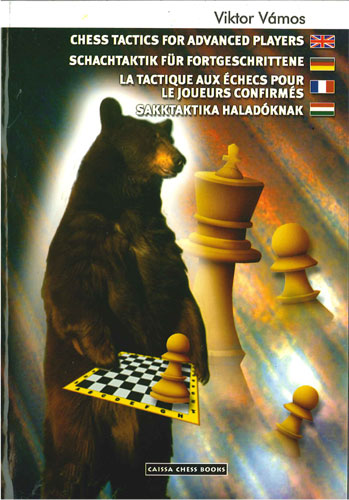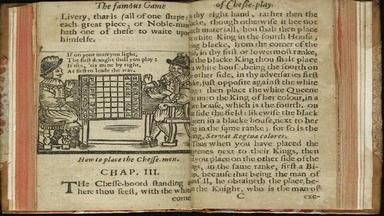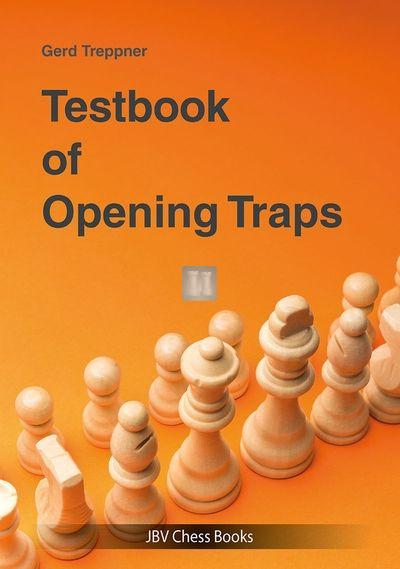

The author helped program IBM's Deep Blue. It also has a section on the Grandmasters of chess, playing in Tournaments, and three very helpful chapters on playing chess against computers, and much more. The Complete Idiot's Guide to Chess (2nd Edition) by Patrick Wolff A good introduction for the beginner, with chapters on basic tactics and strategies.Winning Chess by Irving Chernev Apparently out of print, but judging by those who recommend it it must be well worth getting used! An excellent work on basic tactics.He also has a second book in the same format on Chess Tactics for Kids. It is a very good introductory book on this subject. It covers approximately 50 essential mating patterns in an easy to read and understand format.

#CHESS BOOKS FOR ADVANCED PLAYERS HOW TO#
How to Beat Your Dad at Chess by Murray Chandler.Eight have all been collected now in this 600 page course which will help the casual player play much better chess. The Complete Chess Course by Fred Reinfeld Through the years, I added more of Reinfeld's books.From checks, mate, attacking threats, forks, opening moves, mid-game and end-game play, Reinfeld explains the game in language that anyone can comprehend. A good basic guide for a beginner which does a wonderful job of explaining the basic strategies involved in playing a winning game. How to Be a Winner at Chess by Fred Reinfeld This is the book that first helped me playing better chess.I have tried to indicate which system the following books use.

It is recommend you become comfortable with both. Most books today are written using the latter, but some of the books below use the former. Here are some I have, or want to get - some relatively easy for beginners, some more advanced for the serious "chess nuts."Ī word about Chess Notation - there are two methods, the older Descriptive notation, which decribes each players play from their perspective and the newer Algebraic notation which gives each square of the board an address. There are countless books on playing Chess.


 0 kommentar(er)
0 kommentar(er)
